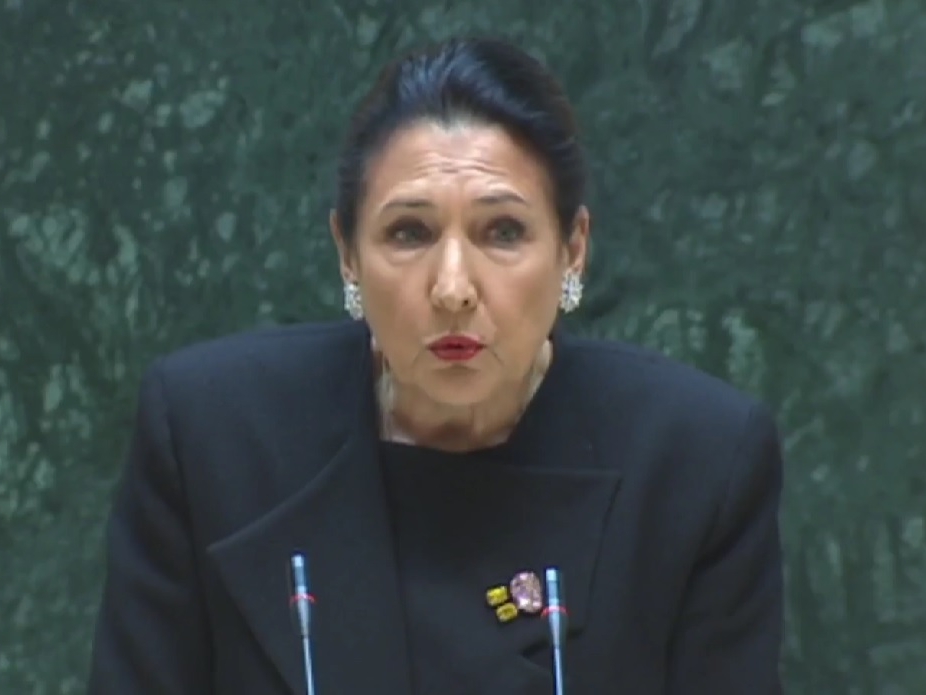
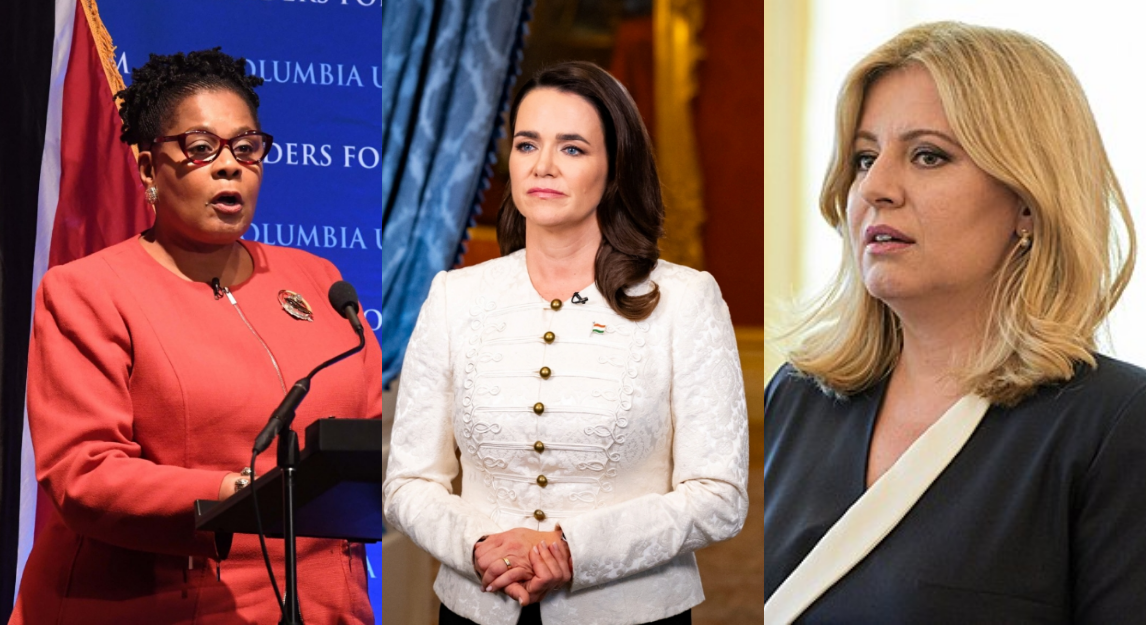
In the contemporary political landscape, the presence of female presidents is a testament to the progress being made toward gender equality in leadership.
As of 2024, several countries are led by women who have broken through historical barriers to govern their nations.
These leaders bring diverse perspectives and demonstrate that leadership qualities transcend gender.
The current female presidents of the world embody the ongoing shift toward gender equality in leadership.
Their diverse backgrounds and approaches to governance highlight the importance of inclusive leadership in addressing complex global challenges.
Pulse.com.gh delves into the current female Presidents in the world you need to know.
1. Katalin Novák – Hungary
Katalin Novák, who became Hungary's first female president in March 2022, is a prominent figure in European politics.
Prior to her presidency, Novák served as Minister for Family Affairs, championing policies to support families and increase birth rates in Hungary.
Her presidency marks a significant moment for Hungary, showcasing a shift towards inclusive leadership.
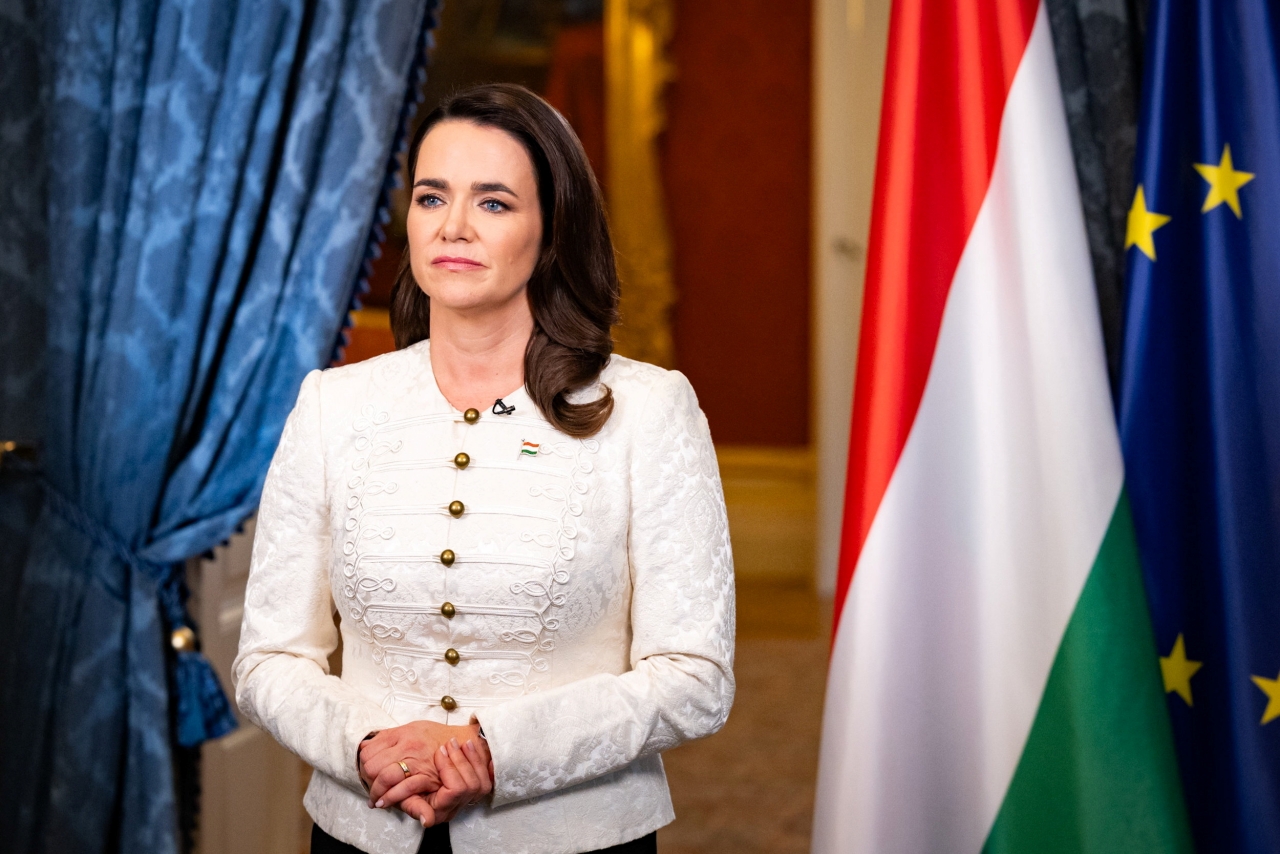
2. Marta Lucia Ramírez – Colombia
In a historic move, Marta Lucia Ramírez was elected as Colombia's first female president in 2022. Before her presidency, Ramírez held various key positions, including Vice President and Minister of Foreign Affairs.
Her leadership is pivotal for Colombia, especially as the country continues to navigate post-conflict reconstruction and economic challenges.
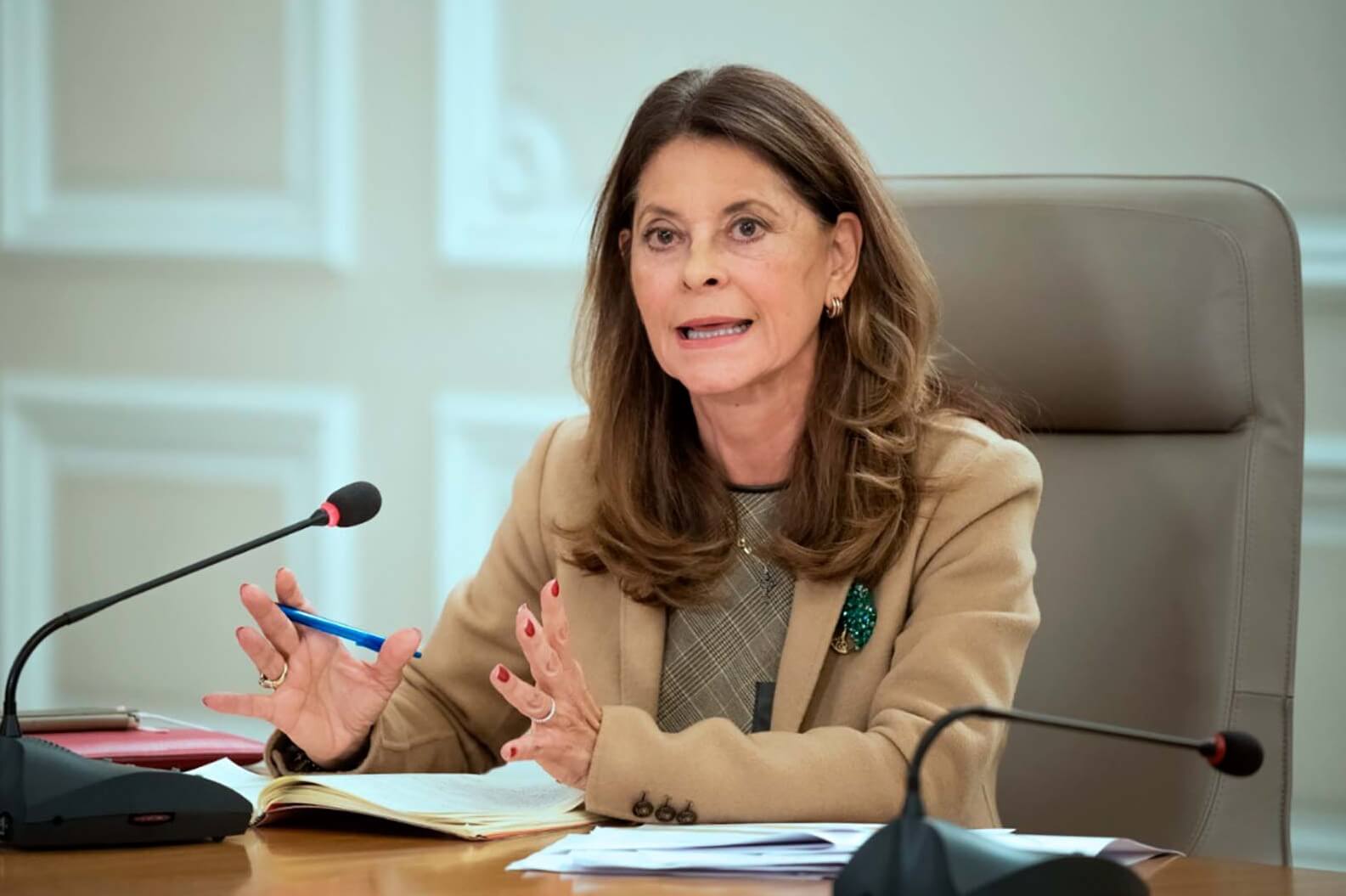
3. Zuzana ?aputová – Slovakia
Zuzana ?aputová has been serving as Slovakia's president since June 2019, making history as the country’s first female head of state.
A former environmental lawyer and anti-corruption activist, ?aputová’s presidency is marked by her commitment to transparency, social justice, and environmental sustainability.
Her leadership style emphasizes empathy and integrity, resonating with a broad segment of the Slovak populace.
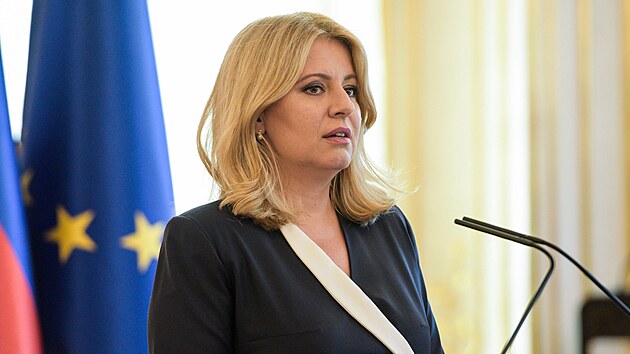
4. Sahle-Work Zewde – Ethiopia
Sahle-Work Zewde, Ethiopia’s first female president, assumed office in October 2018. Zewde’s election is particularly significant in a traditionally patriarchal society.
A seasoned diplomat, she has held several high-profile positions within the United Nations, bringing a wealth of experience to her presidency. Zewde focuses on gender equality and economic development, aiming to uplift Ethiopian society.
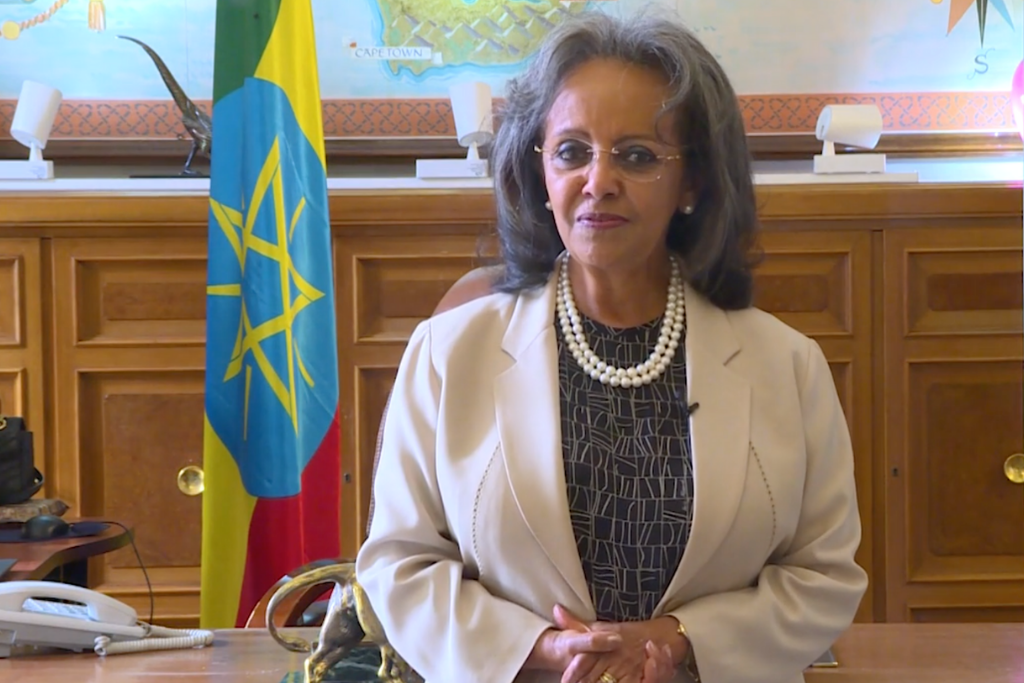
5. Samia Suluhu Hassan – Tanzania
Samia Suluhu Hassan became Tanzania’s first female president in March 2021, following the sudden death of her predecessor, John Magufuli. Prior to her presidency, she served as Vice President.
Hassan's leadership is noted for its efforts to improve healthcare, education, and economic stability.
Her tenure is seen as a balancing act between continuing Magufuli’s policies and addressing the country’s pressing issues with a more inclusive approach.
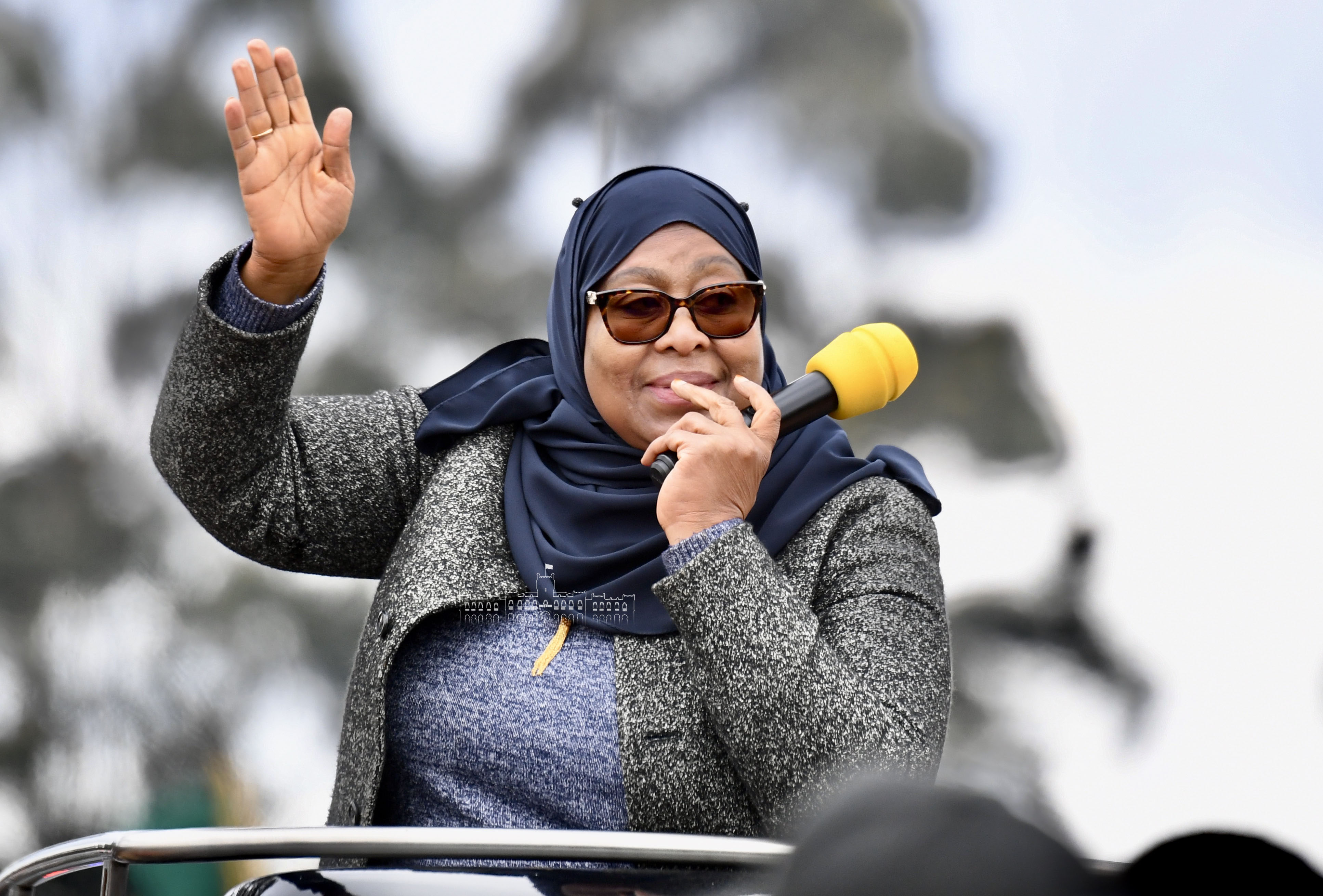
6. Paula-Mae Weekes – Trinidad and Tobago
Paula-Mae Weekes, who has been president since March 2018, is Trinidad and Tobago’s first female head of state. A former judge, Weekes' presidency is characterized by her focus on judicial reform, education, and social issues.
Her legal background provides a strong foundation for her approach to governance, emphasizing justice and equality.
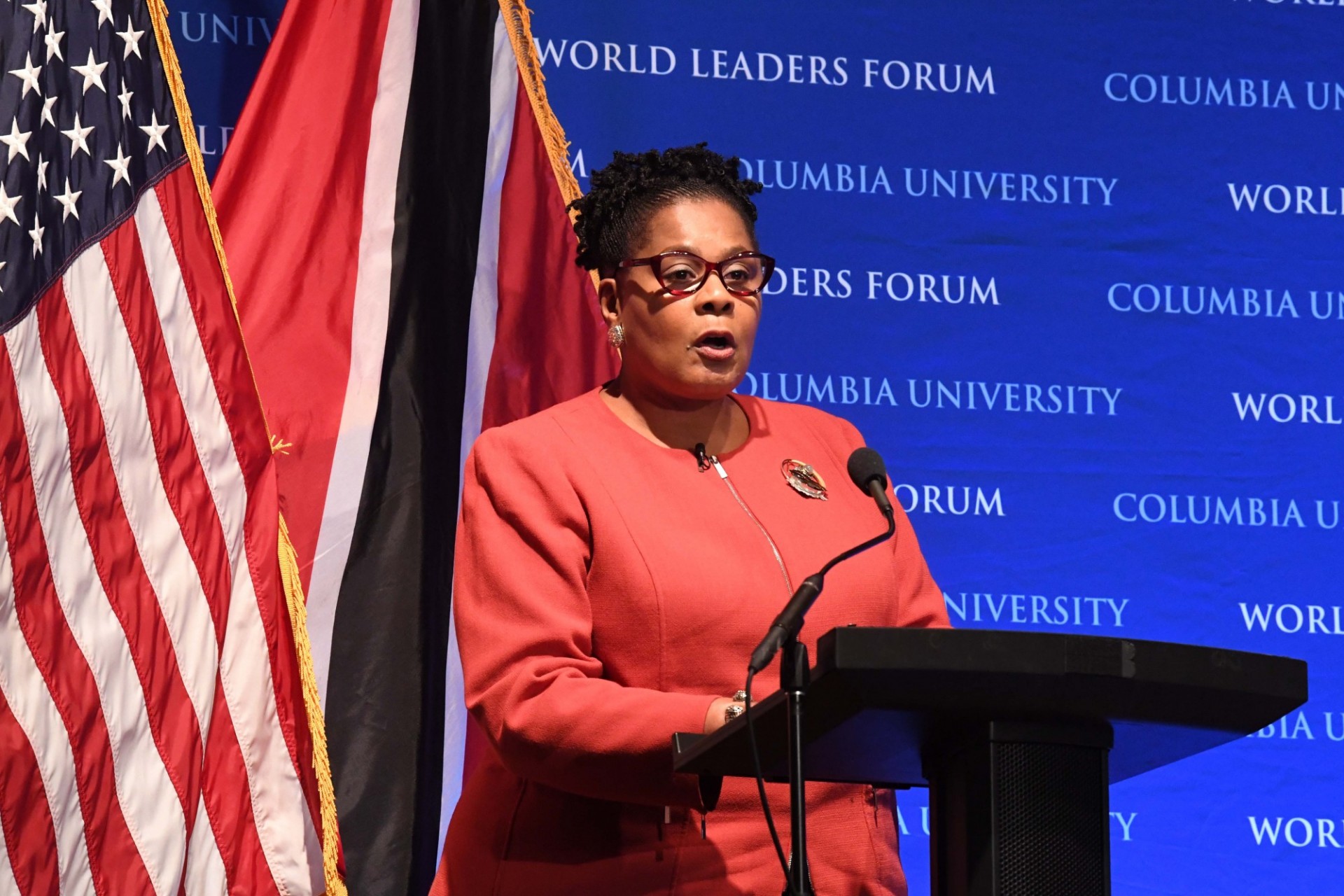
7. Salome Zourabichvili – Georgia
Salome Zourabichvili became the first female president of Georgia in December 2018. A former French diplomat, Zourabichvili's presidency focuses on strengthening Georgia's ties with the West and advancing democratic reforms.
Her unique background and international experience offer a distinctive perspective on global and domestic policy.
















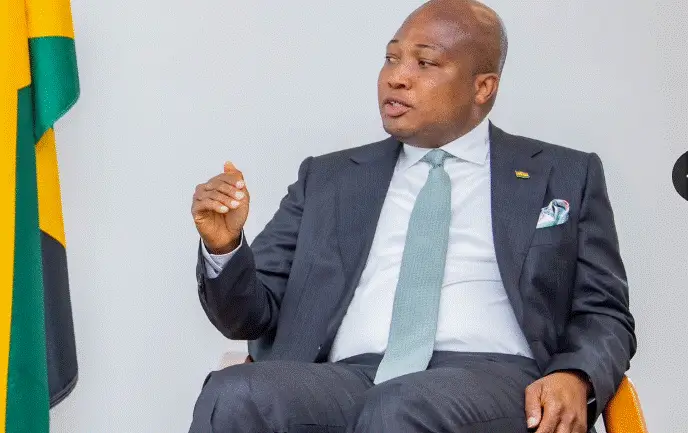







Facebook
Twitter
Pinterest
Instagram
Google+
YouTube
LinkedIn
RSS